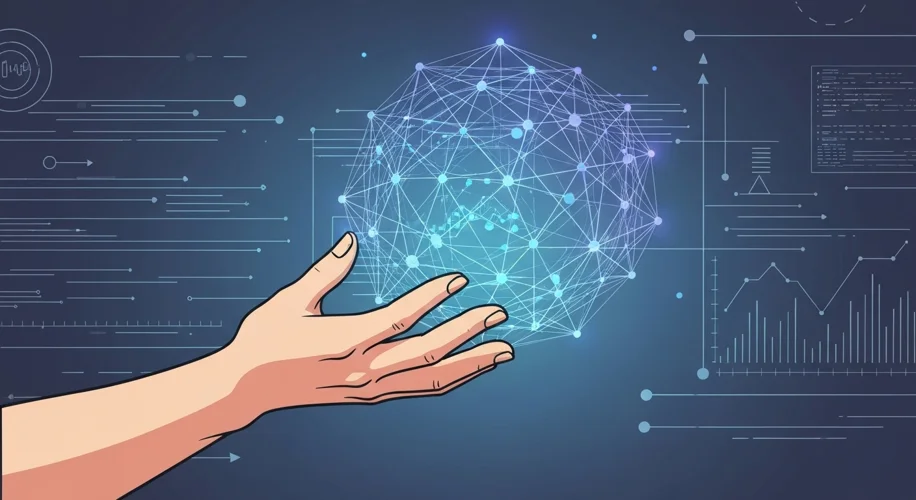The pace of technological change, particularly with AI, brings with it a host of ethical questions. As someone who’s spent a career in the tech industry, I’ve seen firsthand how innovation can outrun our understanding of its impact. Today, in 2025, these discussions around AI development, data privacy, and the future of work aren’t just theoretical; they’re shaping our daily lives.
When we talk about AI, it’s easy to get caught up in the capabilities – faster processing, complex problem-solving, creative generation. But beneath the surface, significant ethical considerations are at play. One of the most immediate is data privacy. AI systems thrive on data, often vast amounts of personal information. This raises questions about consent, security, and who ultimately controls our digital footprint. Switzerland’s Apertus initiative, for instance, is a fascinating example of a public AI built with privacy at its core, offering a glimpse into a different approach.
From my perspective, the development of AI shouldn’t be a free-for-all. We need to ask ourselves: are we building these systems with transparency and fairness in mind? The potential for bias in AI, as I’ve discussed before, is very real. If the data used to train AI reflects societal inequities, the AI itself can perpetuate and even amplify them. This is particularly concerning when AI is used in areas like hiring, where biased algorithms could unfairly disadvantage certain groups. It’s crucial to consider how we audit and correct these systems.
Then there’s the evolving nature of work. Automation and AI are undeniably changing the job landscape. While some fear mass displacement, my experience suggests a more nuanced shift. Many jobs are being augmented, not replaced entirely. However, the skills needed are changing. We’re seeing a move towards roles that require human-centric skills like critical thinking, creativity, and emotional intelligence – things AI currently struggles to replicate authentically. The challenge is ensuring that our education systems and workforce training programs keep pace with these changes, so people aren’t left behind.
We must also consider the economic implications. How do we ensure that the benefits of AI and technological advancement are shared broadly? The widening gap between executive compensation and the average worker’s pay is a trend amplified by technology. It’s a societal challenge that requires thoughtful policy and corporate responsibility.
Ultimately, the conversation about technology and economics needs to be grounded in ethics. It’s not just about what we can build, but what we should build, and how we deploy it. This requires ongoing dialogue among technologists, policymakers, ethicists, and the public. By fostering a thoughtful approach and prioritizing human well-being, we can navigate this complex terrain and build a future where technology truly serves us all.

